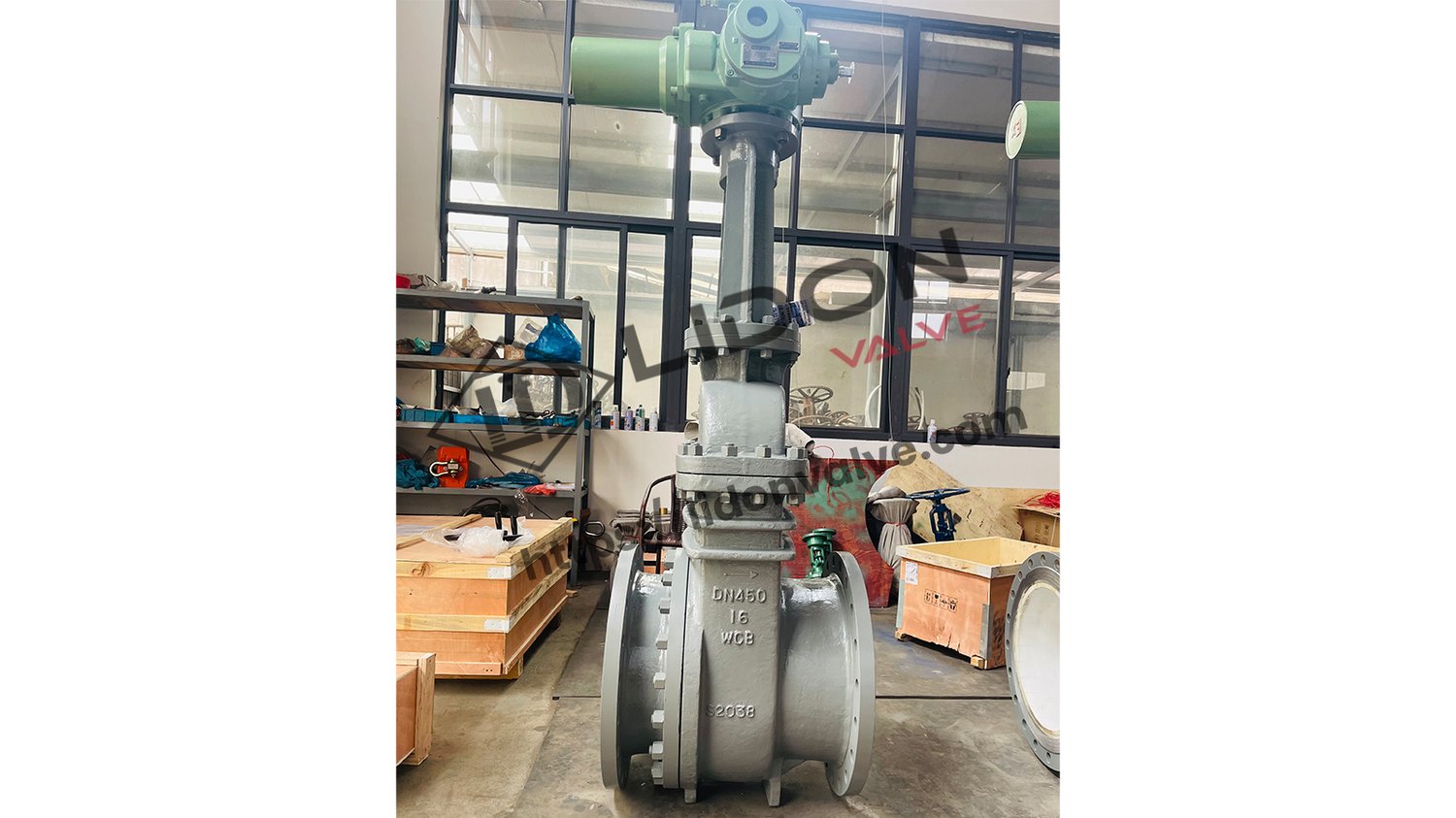What is the advantage of check valve?
A check valve, also known as a non-return valve or one-way valve, is a mechanical device that allows fluid or gas to flow through it in only one direction. It is widely used in various industries and applications, from plumbing and oil refineries to chemical processing and wastewater treatment plants. This article explores the advantages of check valves, highlighting their importance and benefits in different contexts.
1. Preventing Backflow
One of the primary advantages of check valves is their ability to prevent backflow. When installed correctly, check valves allow fluid or gas to flow in one direction while preventing reverse flow. This is crucial in systems where backflow can lead to contamination, damage, or safety hazards. By ensuring a unidirectional flow, check valves help maintain system integrity and prevent unwanted mixing of materials.
2. Protecting Pumps and Equipment of check valve
Check valves play a vital role in protecting pumps and other equipment from damage. When a pump is turned off, the fluid it was moving can flow backward, causing a phenomenon known as water hammer. Water hammer can generate high-pressure surges that can damage pipes, valves, and pumps. By using a check valve, the reverse flow is blocked, preventing any potential damage and ensuring the longevity of the equipment.
3. Maintaining Pressure and Flow Control
Check valves help maintain consistent pressure and flow control in various systems. They ensure that the desired pressure is maintained in the right direction, preventing pressure fluctuations and potential damage to downstream equipment. Additionally, check valves assist in regulating flow rates, allowing for efficient operation and reducing the risk of system overload.
4. Enhancing Safety of check valve
Check valves contribute to enhancing safety in numerous ways. In systems where the flow of hazardous materials, such as toxic chemicals or gases, needs to be controlled, check valves provide an additional layer of protection. They help prevent leaks, spills, and potential accidents by ensuring that the flow remains one-way and cannot be reversed unintentionally.
5. Reducing Energy Consumption
Another advantage of check valves is their potential to reduce energy consumption. By allowing fluid or gas to flow in one direction without any backflow, check valves help maintain system efficiency. Without a check valve, pumps or compressors would need to work harder to compensate for the pressure losses caused by backflow, leading to increased energy consumption.
6. Minimizing Noise and Vibrations
Check valves can also help minimize noise and vibrations in piping systems. When backflow occurs, it can create turbulence, resulting in noise and vibrations that can be disruptive and damaging to the system. By preventing backflow, check valves reduce these disturbances, contributing to a quieter and more stable operation.
7. Adaptable to Different Applications of check valve
Check valves come in various designs and materials, making them adaptable to a wide range of applications. From simple flap or swing check valves to more complex tilting disc or dual-plate check valves, there are options available to suit specific needs. Additionally, check valves can be made from materials such as stainless steel, brass, PVC, or exotic alloys to withstand different operating conditions, including high pressures or corrosive environments.
8. Easy Installation and Maintenance
Check valves are relatively easy to install and maintain. They typically require minimal space and can be easily integrated into existing piping systems. Moreover, their simple design allows for straightforward maintenance, such as cleaning or replacing worn-out components. Regular inspection and maintenance of check valves ensure their optimal performance and longevity.
9. Cost-Effective Solution
Considering their numerous advantages and relatively low cost, check valves provide a cost-effective solution for many industries. Their ability to prevent backflow, protect equipment, enhance safety, and reduce energy consumption can result in significant savings in the long run. By preventing system failures and minimizing downtime, check valves contribute to overall operational efficiency and cost savings.
10. Versatile Application in Various Industries
Check valves find applications in a wide range of industries, including oil and gas, chemical processing, water treatment, HVAC systems, and more. Their versatile nature and numerous advantages make them an essential component in maintaining the smooth operation of these industries. From controlling flow in pipelines to preventing backflow in pumps, check valves play a crucial role in ensuring the efficiency and safety of various processes.

